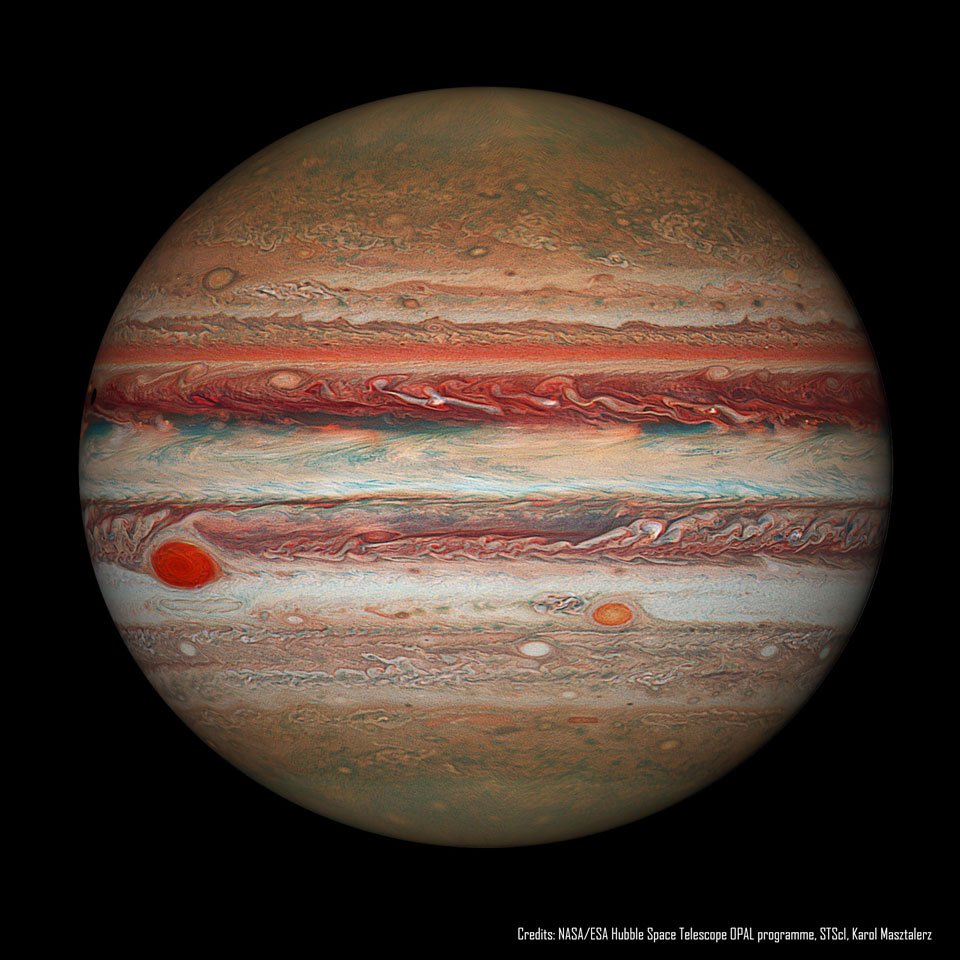Thank you. My hospital tray is full of books which makes putting food there a bit frustrating for my wife. Ha! She’s a gardener; not a reader. And I’m home now but still in a hospital bed. So…
I had noticed this long ago when I got to study Augustine on a sabbatical at Duke (1975). In the Confessions, when St. Augustine hears the child’s voice he goes to the apostle’s book and reads the passage that changes his life; I would say the passage that truly opens Christ and Heaven for him, the joy and delight he experiences. What he says is delightful and wonderful: “I had no wish to read further, and no need. [bear with me; I’ll get there]. For in that instant, with the very ending of the sentence, it was as though a light of utter confidence shone in all my heart, and all the darkness of uncertainty vanished away.”
Also important to my exposition, he goes into Alypius who also reads and indeed follows him into the Christ-centered “Kingdom of Heaven,” so too speak. Now Augustine can also give up the hold incontinence had on him and embrace the real fruitful virtue, Continence and/or Chastity, imaged as a woman. I would say Heaven opens before him in the image of light dispelling the darkness of his sin.
What strikes me also of central importance in my reading and studies is the parallel with Dante’s Inferno, where instead of the joy of Heaven we get the—again—first moment of Hell opening up before—again, two characters,
Paolo and Francesca, who are burdened with disordered desire, Augustine’s central sin, his inability to give up that incontinence, even the woman of the future marriage: Paolo and Francesca are also reading a book, this one about the sinful, adulterous love of Lancelot and Guinevere: Francesca says to Dante,
“For when we read that the much-longed-for smile / accepted such a gentle lover’s kiss, / this man, whom nothing will divide from me, / Trembled to place his lips upon my mouth. / A pander was that author, and his book! / That day we did not read another page.’ / And all the while one spirit told their tale, / the other wept so sadly that I fell / for pity of it to a deathlike faint— / and I dropped like a body stricken dead.”
[Anthony Esolen’s translation]
The terrible black wind of lust, the illicit kiss and intercourse, and Dante’s death-like faint all point to the consequence of the failure to give up—repent—one’s sin. Thus in contrast to Augustine’s experience described in the Confessions, his first moment of the joy of Heaven, we have the literary parallel described by Francesca in Dante, the first moment of the consequence of unrepented sin—Hell and eternal darkness and despair. Without God there is nothing to know but one’s sin.
Neither of the “characters” read further that day.
I love both Dante and Augustine. Thanks for giving me the opportunity to talk about them one more time. I love all the parallels I see between the two marvelous texts. I am convinced Dante is drawing on Augustine here though I have never seen it referred to elsewhere. You may consider that my question. Ha! Thanks again.
Sincerely, and thank you for the online seminar course.
L. Eugene Startzman
(Former Berea College English teacher; retired 2008, I think)
I managed to copy and print! Can’t quite remember how I got it to print though. This brief note is a consequence of taking the online course by Dr. Royal on Augustine’s Confessions! It had been a long time since I last read it! I’m currently on Book 10. I’m looking forward to understanding the last four books this time, though I think it is ten that contains one of my all time favorite literary passages. LES
Sent from my iPad

